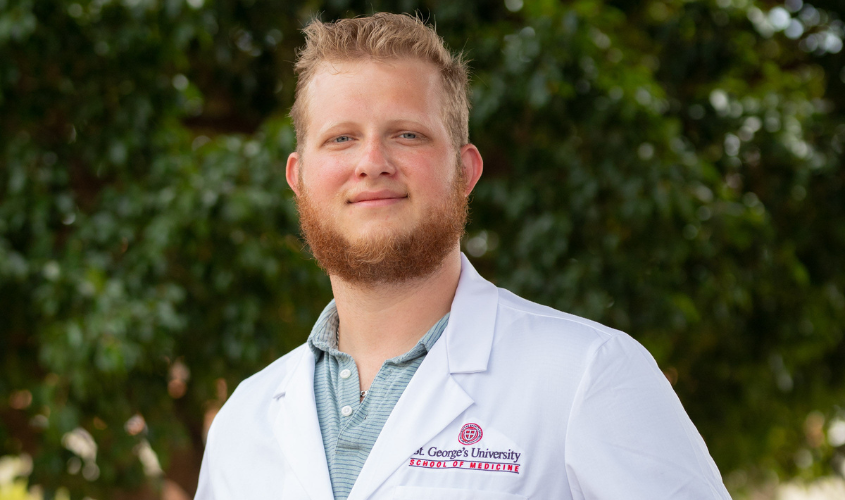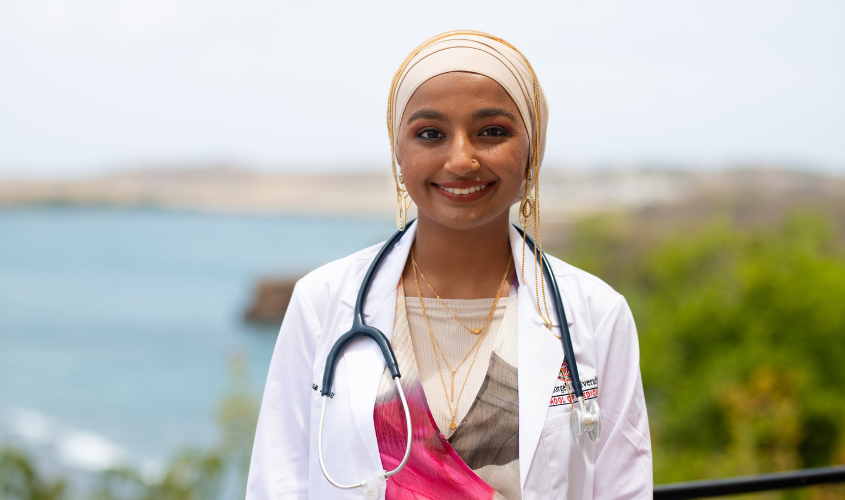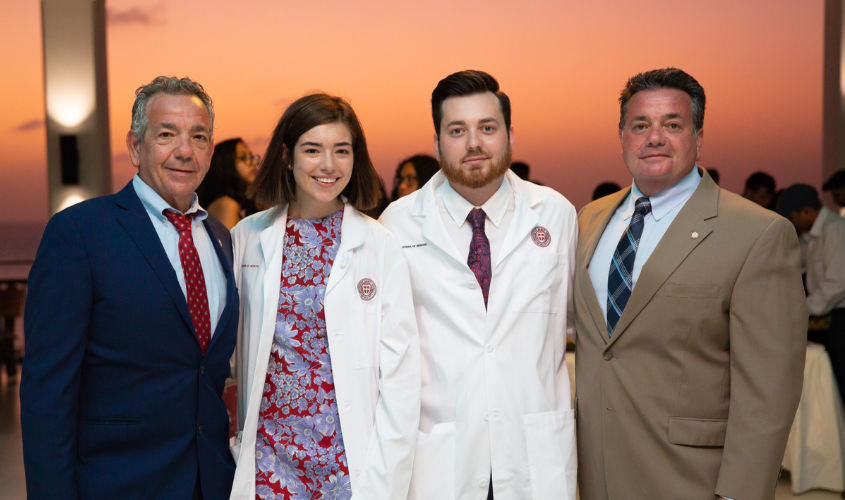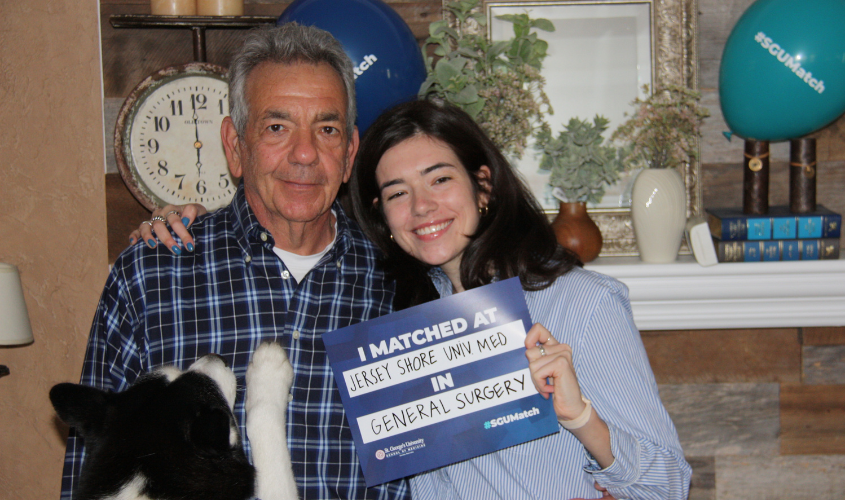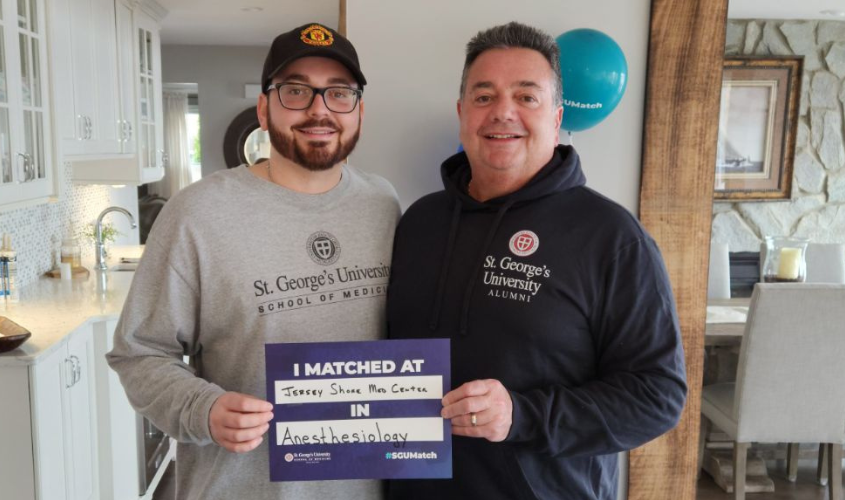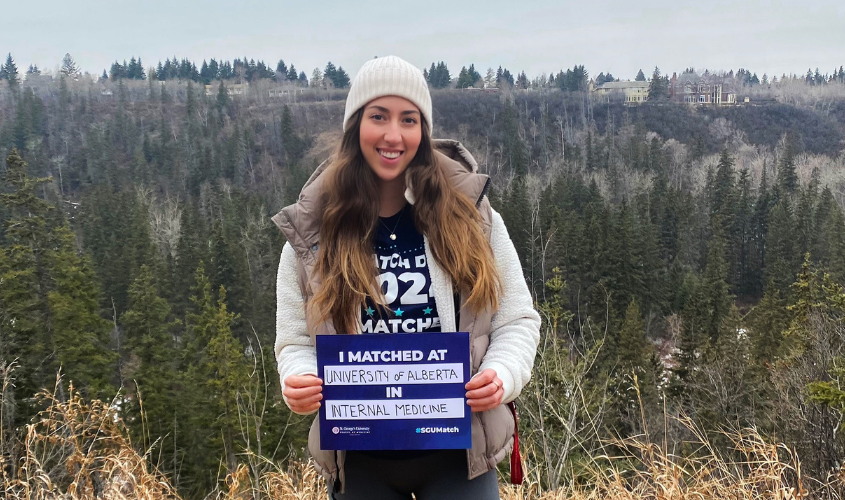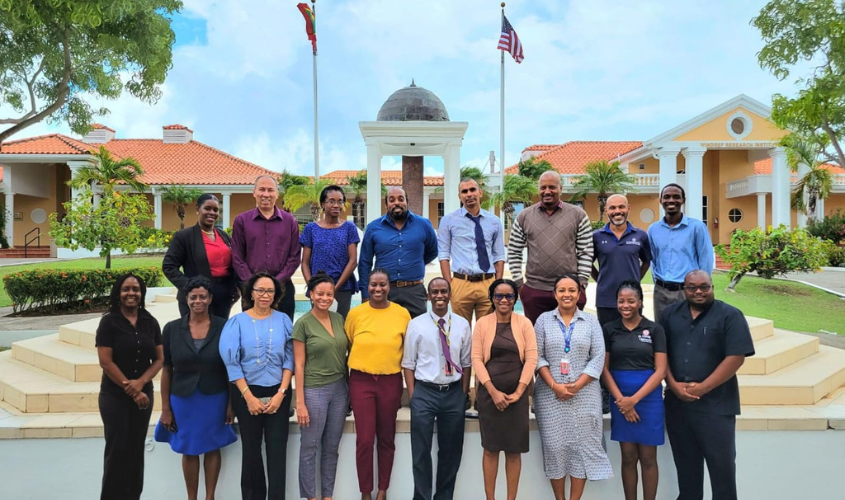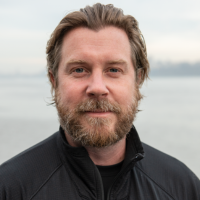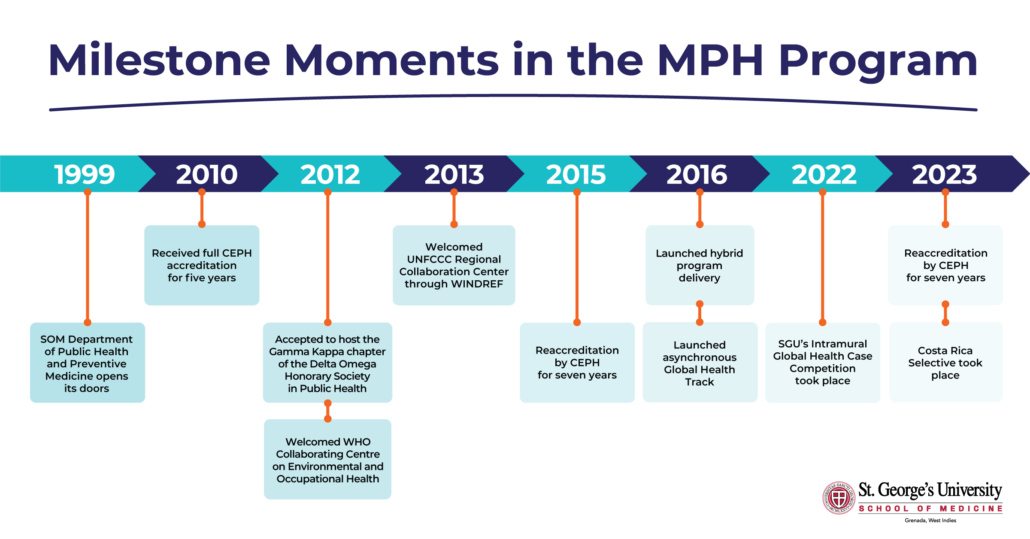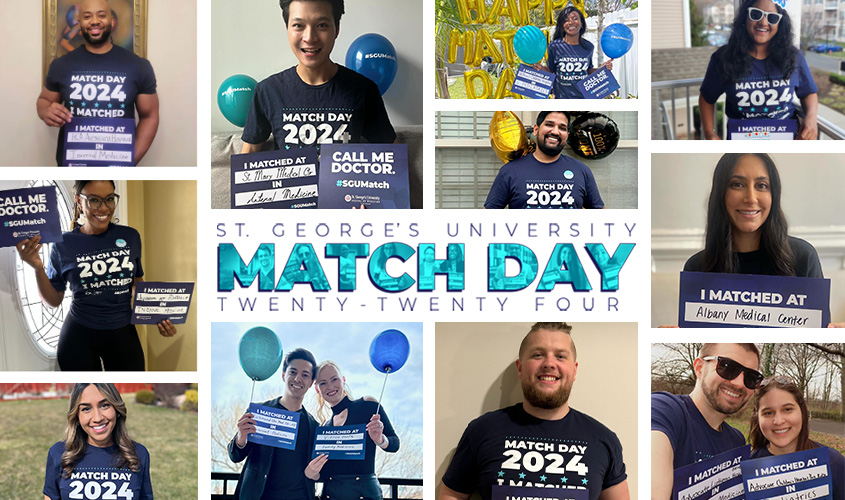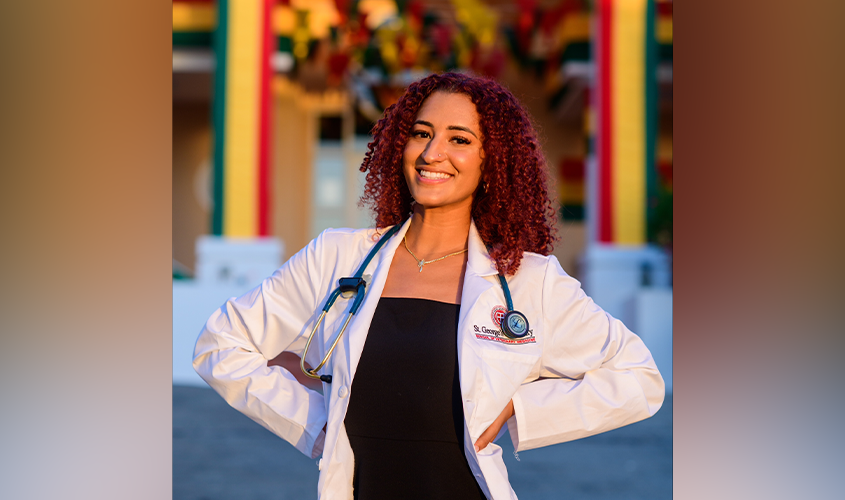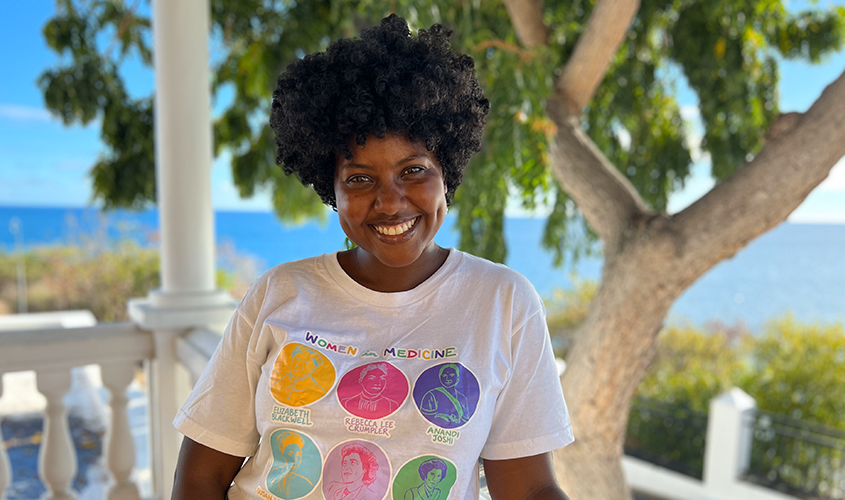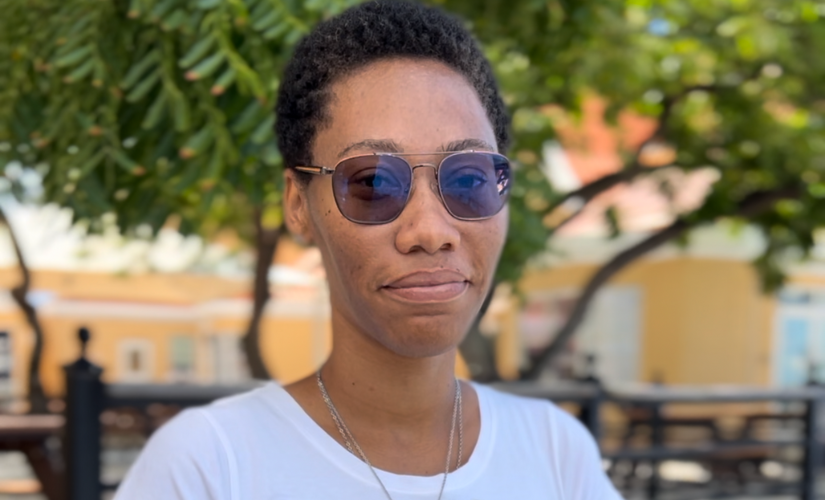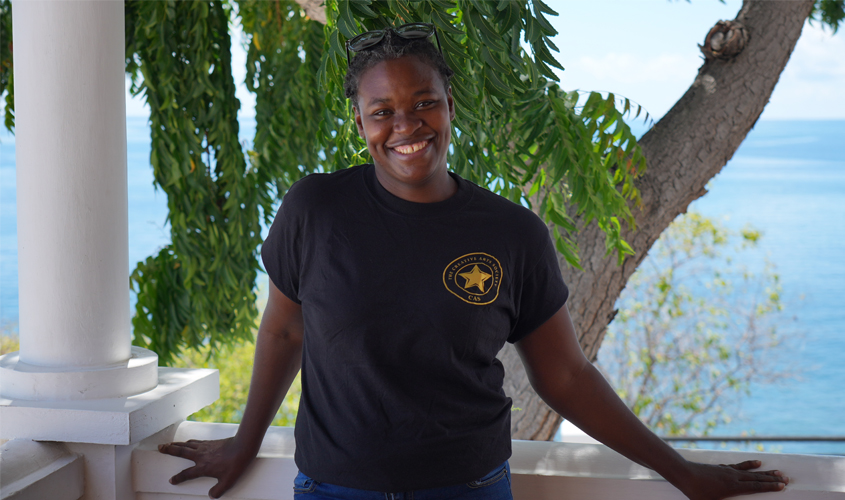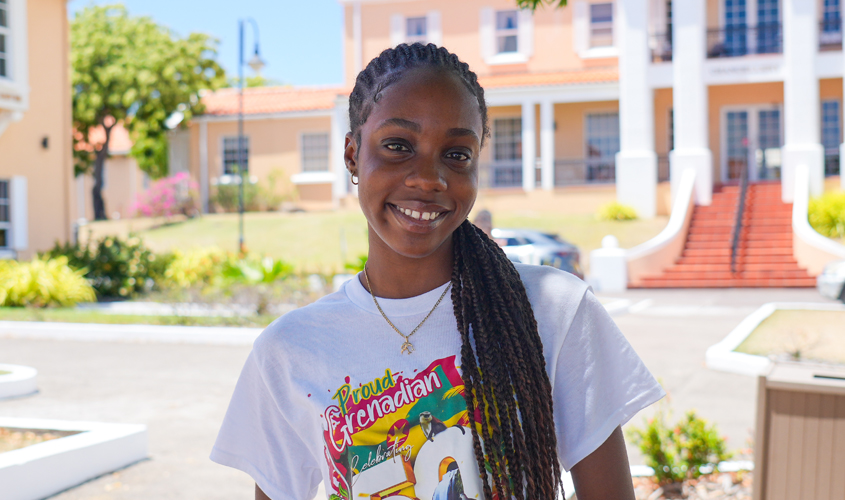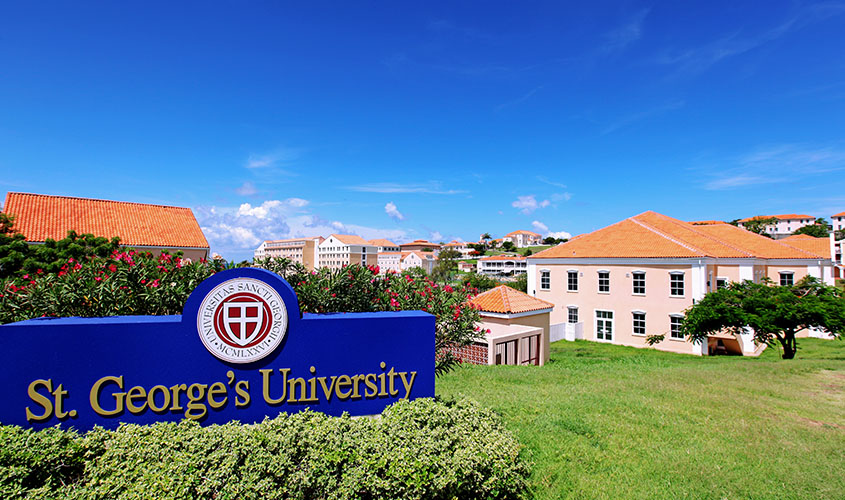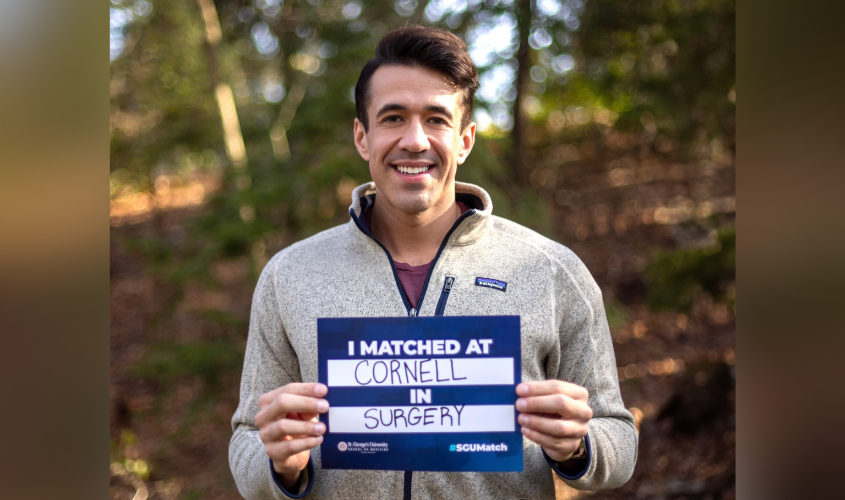
This article has been updated from its original publish date with SGU’s match results as of March 20, 2024.
St. George’s University students rejoiced and breathed a sigh of relief on Friday as hundreds were matched into residency programs on Match Day 2024. The group faced tremendous uncertainty during the COVID-19 pandemic, but now their hard work is being rewarded with their dreams of being doctors realized.
More than 910 SGU School of Medicine students and graduates secured first-year US residency positions.* These numbers are expected to climb in the coming weeks.
Students matched into at least 22 specialties, including highly competitive positions in fields such as:
- Anesthesiology,
- Child neurology,
- Diagnostic radiology,
- Emergency medicine,
- Family medicine,
- Internal medicine,
- Neurological surgery,
- Neurology,
- Obstetrics and gynecology,
- Orthopedic surgery,
- Pathology,
- Pediatrics,
- Physical medicine and rehabilitation,
- Psychiatry,
- Surgery,
- Urology,
- Vascular surgery, and more.
They will join residency programs, many at prestigious institutions, in 40 US states and the District of Columbia this summer.
Match Day is a milestone moment in students’ medical education as they learn where their hard work and determination will take them in their career. Students and graduates will now enjoy the fruits of their labor as the next chapter of their medical training begins—this time with ‘MD’ beside their name.
SGU News spoke with several recently matched students about what it felt like to discover that all their hard work led to a dream come true and what they are most looking forward to in residency. Here are just a few of their answers.
View Our Match Day Reel!
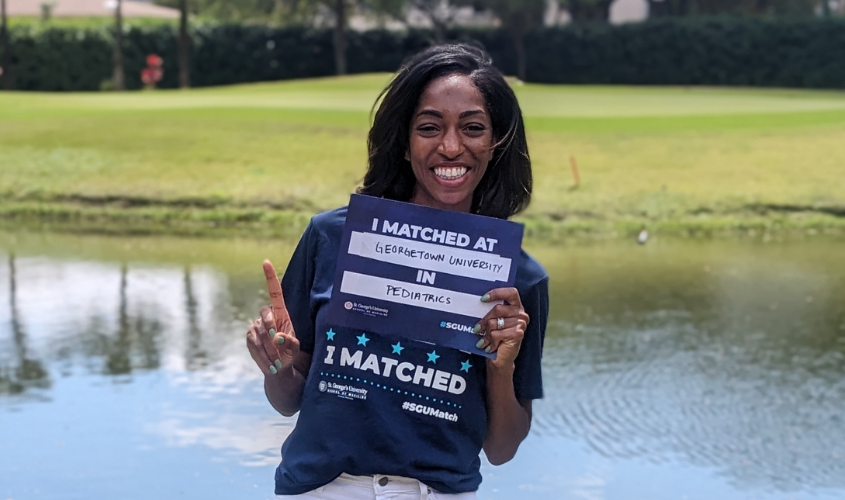
Iris Alao
Matched: MedStar/Georgetown University
Specialty: Pediatrics
Hometown: Gross Pointe, MI
What was your Match Day reaction? Thank God! All the sacrifices and hard work finally paid off and my dream of becoming doctor has come to fruition.
What are you most looking forward to in residency? Doing more procedures, building patient relationships while tracking significant milestones, and having a little more independence when it comes to making medical decisions.
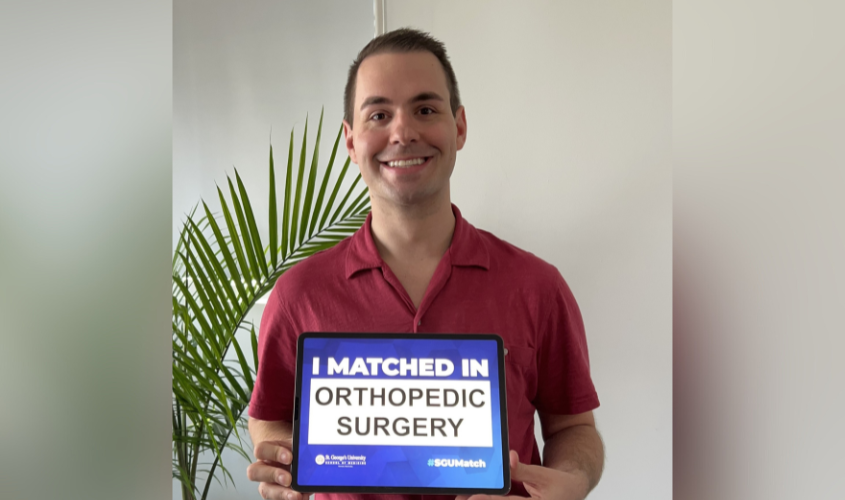
Ryan Caprio
Matched: Morristown Medical Center
Specialty: Orthopedic Surgery
Hometown: Medfield, MA
What was your Match Day reaction? I was absolutely speechless. I saw the email pop up on my phone with “Congratulations” being the first word I saw and couldn’t believe it was actually happening! I feverishly refreshed the NRMP site to confirm it was true and was so ecstatic to find out I matched into my dream specialty!
What are you most looking forward to in residency? I’m looking forward to being able to work with such a fantastic team and hope to be able to support patients in their time of need. As I will be at a newer residency program, I am looking forward to getting involved and helping the program grow as well. I’m also excited to be able to learn more about an incredible field and am hoping that the Boston Celtics finally win another NBA Championship by the time I start residency so I can rock a Celtics scrub cap in the OR!
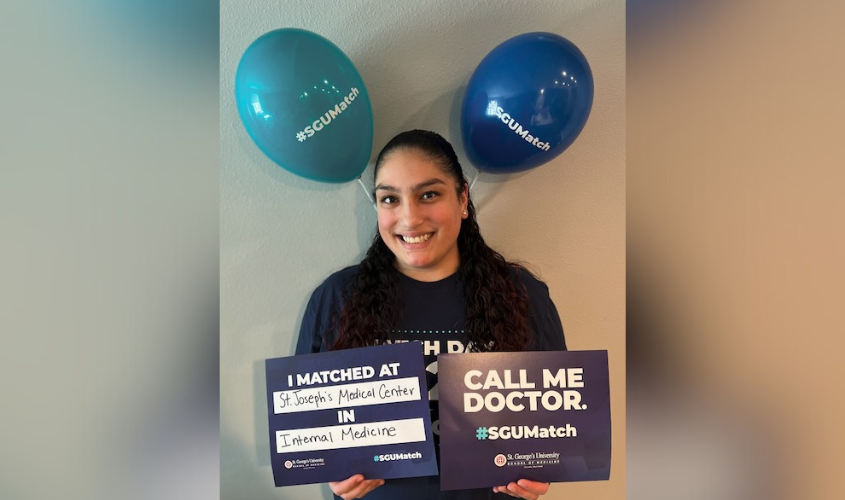
Adriana Eslamian
Matched: St. Joseph’s Medical Center
Specialty: Internal Medicine
Hometown: Sacramento, CA
What was your Match Day reaction? Honestly, I immediately burst into tears. We have been working towards this moment from our first day of medical school, and to finally experience that moment was more incredible than I ever could have imagined. My husband and I were also so relieved that I matched close enough to home that we wouldn’t have to be apart for the next three years. It all worked out perfectly!
What are you most looking forward to in residency? I am mostly looking forward to finally starting my training as an internal medicine physician, having my own patients that I get to start building the patient/physician relationship with and seeing myself evolve into the best physician that I can be. I also can’t wait to meet my co-residents and embark on this journey with them.
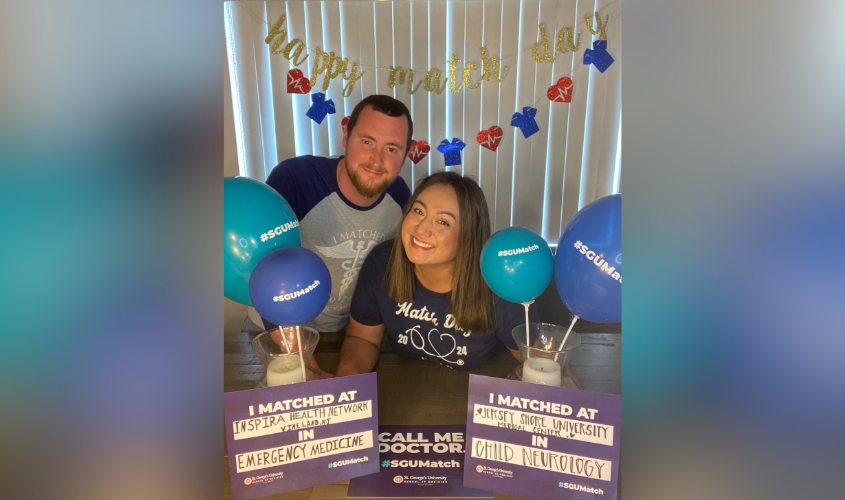
Melanie Espino-Cache and Andrew Cross
Matched: Jersey Shore University Medical Center and Inspira Health Network (Vineland, NJ)
Specialty: Child Neurology and Emergency Medicine
Hometowns: El Sereno, CA and Queensbury, NY
What was your Match Day reaction?
Melanie: Absolutely thrilled and relieved! You spend a lifetime anticipating this moment, striving, wishing, and hoping for it. Yet, there’s no guarantee, so we were filled with nervous anticipation before opening our emails. We met at SGU in Grenada, sharing a dream of matching together, and we took a chance on ourselves. We feel incredibly fortunate to have been given this opportunity!
Andrew: It was an overwhelming feeling of bliss to know that I would be able to continue my journey with my partner by my side. This meant more to me than the match itself. My relationship was my top priority, so when we matched, it added an extra layer of significance and joy.
What are you most looking forward to in residency?
Melanie: I eagerly anticipate delving deeply into all aspects of my specialty. While our (clinical) rotations provide a glimpse into pathologies and treatment regimens, I am eager to immerse myself further, gaining more exposure and autonomy as I progress in my learning journey and build confidence. Meeting my future colleagues is another source of excitement for me. Having formed a close-knit family at SGU, I look forward to fostering the same strong bonds within my residency program.
Andrew: I am eagerly anticipating the chance to utilize my hands in a deeply meaningful way, making a tangible difference in someone’s life. This opportunity to help others is unlike any I have experienced before, and I am excited to embrace the challenge with open arms. The prospect of being able to see the impact of my actions and the positive change they can bring fills me with a sense of purpose and fulfillment that drives me forward.

Richard Hawran
Matched: Weill Cornell Medicine at NewYork Presbyterian
Specialty: General Surgery (Preliminary)
Hometown: Clifton, NJ
What was your Match Day reaction? I felt like all of my hard work paid off and there was a tremendous sense of relief.
What are you most looking forward to in residency? Challenging myself to grow in every way possible.

Jasmine Aulakh
Matched: Wayne State University School of Medicine
Specialty: Family Medicine
Hometown: Ontario, Canada
What was your Match Day reaction? I was extremely grateful for matching into my top choice and being close to my family and fiancé during this very important part in my career.
What are you most looking forward to in residency? I am looking forward to adapting to a new environment and taking on the challenges that this role will present. I am excited to join WSU residency family and work alongside and learn from my colleagues.
*Data as of March 2024
— Laurie Chartorynsky and Juliette Kimmins
Related Reading

